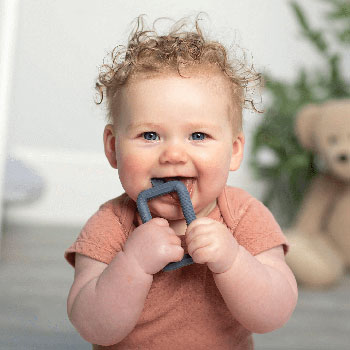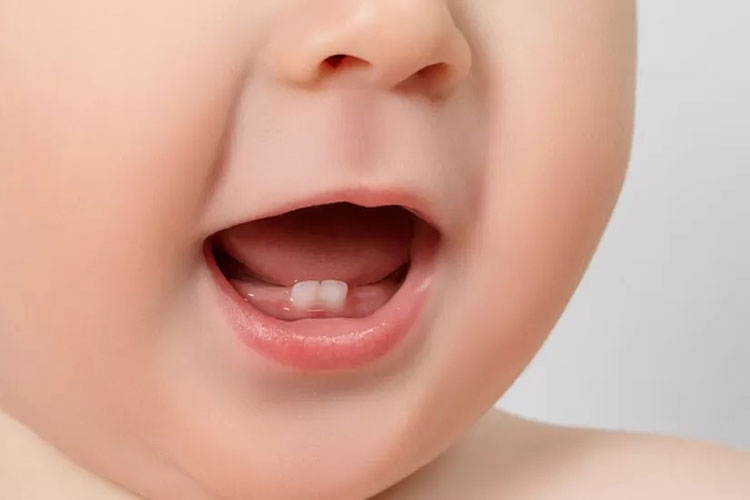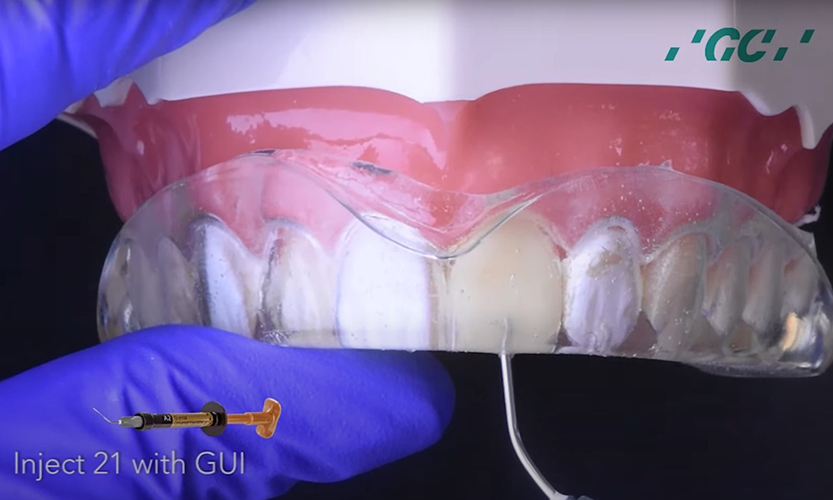As you welcome a new baby into your family, joy, love, and a hint of nervous anticipation fill the air.
One significant event that marks your little one’s development is the eruption of their first teeth, known as “teething”. We at St. Lawrence Dentistry understand the questions and concerns you, as parents, often have during this natural occurrence. Here, we share our insights.
What Does Baby Teething Mean?
Baby teething is when your infant’s first teeth, also known as “milk teeth” or “baby teeth”, start pushing through the gums. This phase usually kicks off around six months of age, but it can vary considerably from one baby to another. When your child turns about three, the teething process should be complete, leaving your child with 20 primary teeth.

Sensations Your Baby Experiences During Teething
Teething can cause discomfort and sometimes pain for babies. The teeth pushing through the gums create pressure, leading to this discomfort. Your baby may show signs of teething like drooling, irritability, reduced appetite, and a tendency to chew on objects for relief. Some babies may also have a mild fever, diarrhea, or a mouth rash due to exaggerated drooling.
How You Can Ease Your Baby’s Teething Discomfort
You can assist your child in managing the teething process in several ways:
- Provide Teething Rings or Toys: Give your baby a hygienic, safe teething ring or toy. When chilled (but not frozen), these items offer soothing, cool pressure on the gums.
- Massage Gums Gently: After thoroughly washing your hands, gently rub your baby’s gums with your finger to ease pressure and discomfort.
- Consider Pain Relief: If your baby shows signs of severe distress, consult your healthcare provider about potentially using mild pain relievers for babies.
- Ensure Hydration and Comfort: Keep your baby hydrated and comforted during this period. Extra snuggles and attention often help a teething baby feel more relaxed.

How to Care for Your Baby’s New Teeth
While baby teeth are temporary, keeping them healthy is vital for developing strong adult teeth. Here’s how you can care for your baby’s emerging teeth:
- Clean Regularly: Begin cleaning the new teeth as soon as they erupt. You can use a soft, clean cloth or a baby toothbrush with a small head and gentle bristles. No toothpaste is needed at this stage unless your dentist recommends it.
- Maintain a Balanced Diet: Foster a balanced diet and limit the intake of sugars to protect the new teeth from cavities.
- Schedule Regular Dental Check-ups: The eruption of the first tooth is a good time to book your child’s first dental appointment. Regular dental check-ups ensure early detection and treatment if any issues arise regarding your child’s oral health.

At St. Lawrence Dentistry, we recognize the importance of early dental care. Dr. Hawryluk supports and guides you and your child through teething and beyond. Knowing what to anticipate during teething and how to handle it, you can confidently navigate this stage. Remember, though it can present challenges, teething is a crucial milestone in your baby’s growth and a vital part of their healthy development.
- Sleep Dentistry: Enhancing Comfort and Care During Dental Procedures - July 11, 2024
- The Revolutionary Injection Molding Technique for Composite Veneers - June 27, 2024
- Why Are Third Molars Called “Wisdom Teeth”? - June 19, 2024









